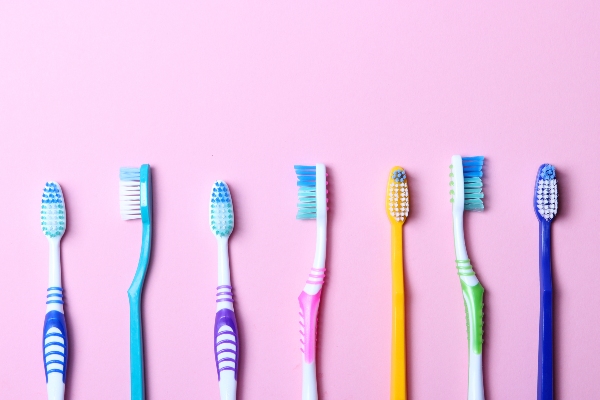Kids Orthodontist: What Is Phase One?

Early interceptive therapy, also known as phase 1 orthodontics, is performed by a kids orthodontist and deals with the application of growth appliances, expanders, or partial braces, pending the complete eruption of the patient’s adult teeth. Phase one treatment is usually recommended for children when they are between 7 and 11 years old. The treatment duration ranges from 11 to 14 months.
The purpose of phase one orthodontics
Many factors might drive a kids orthodontist’s decision to recommend phase one orthodontics. There may be a need to expand and correct the child’s jaw to accommodate the adequate eruption of permanent teeth and improve the alignment of the lower and upper jaws. Early interceptive treatment during childhood might help patients avoid major oral health issues in adulthood, such as tooth trauma or jaw surgery.
Another purpose may also be to prevent crossbite, overcrowding, severe overbite and underbite, the premature loss of baby teeth, and detrimental oral habits in young children. The treatment is essentially done to lay a stable and responsive foundation for a child’s developing permanent teeth, which is less challenging when the child is younger.
Baby tooth difficulties may typically lead to issues in all of these areas, and without early care, these issues will likely require more extensive and lengthy therapies to resolve. The goal of phase one orthodontics is to mitigate and rectify present orthodontic issues in order to prevent and reduce future issues.
Candidates for phase one orthodontics
The dentist may recommend the treatment if the child has protruding teeth; crooked, crowded, or spaced teeth; a misaligned bite; speech issues; breathing challenges; disproportionate jaw; eruption issues caused by baby teeth; and habits that affect oral development, such as thumb sucking.
Children who do not have any of these symptoms can still undergo phase one orthodontics. A child’s mouth is always changing and developing, so just because they do not require orthodontic treatment today does not mean that they will not in the future. Pediatric dentists use early orthodontic appointments to determine when and whether a child will require orthodontic treatment. The kids orthodontist will be able to obtain the best outcomes with the least amount of work by precisely scheduling your child’s treatment.
Additional points to note
Since children's facial bones are not fully grown yet, orthodontic therapy is considerably simpler and quicker. With phase one orthodontics, the dentist can prevent future issues from arising and help give the child a healthy smile.
A child should continually be assessed and treated by a qualified orthodontist. They will have a better grasp of the child’s situation and can tailor their therapy to their specific needs for optimal results.
In conclusion
If your child is around the age of 7 and has crowding or spacing issues, you can start by having them undergo an orthodontic examination to get the care that they require. One simple visit might make a significant impact on their dentition. Please contact the dental office immediately to book a consultation with the kids orthodontist.
Request an appointment here: https://nettsmiles.com or call Nett Pediatric Dentistry & Orthodontics at (623) 759-7658 for an appointment in our Phoenix office.
Check out what others are saying about our dental services on Yelp: Kids Orthodontist in Phoenix, AZ.
Recent Posts
When you visit the pediatric dentistry office, the dentist will typically suggest using a soft-bristled toothbrush for children's growing teeth, particularly those under two. A soft-bristled toothbrush is preferable and is gentle when removing plaque and debris, compared to a hard-bristled one, which may irritate gums.Toothbrushes are all about comfiness. When selecting a brush, parents…
Your pediatric dentistry professional can check your child’s teeth and gums during regular visits. Seeing this dental care provider can also teach you and your child important terms to remember. Each checkup presents an opportunity to ask your dentist for guidance. If you want to know more about oral hygiene, here are some questions to…
If you are concerned about your child's oral health, we encourage you to schedule frequent visits to the pediatric dentistry office. In addition to lowering the risk of cavities, good oral hygiene has been shown to have far-reaching benefits for a child's overall health. They can get the nutrients they need from food and will…
Pediatric dentistry professionals always warn against foods that can ruin a child’s teeth. Parents must limit a child’s intake of carbohydrate-rich foods. This can help lower the child’s risk for dental problems. Knowing what foods to avoid can help make oral care easier. If you want to know what foods can harm your child’s teeth…


